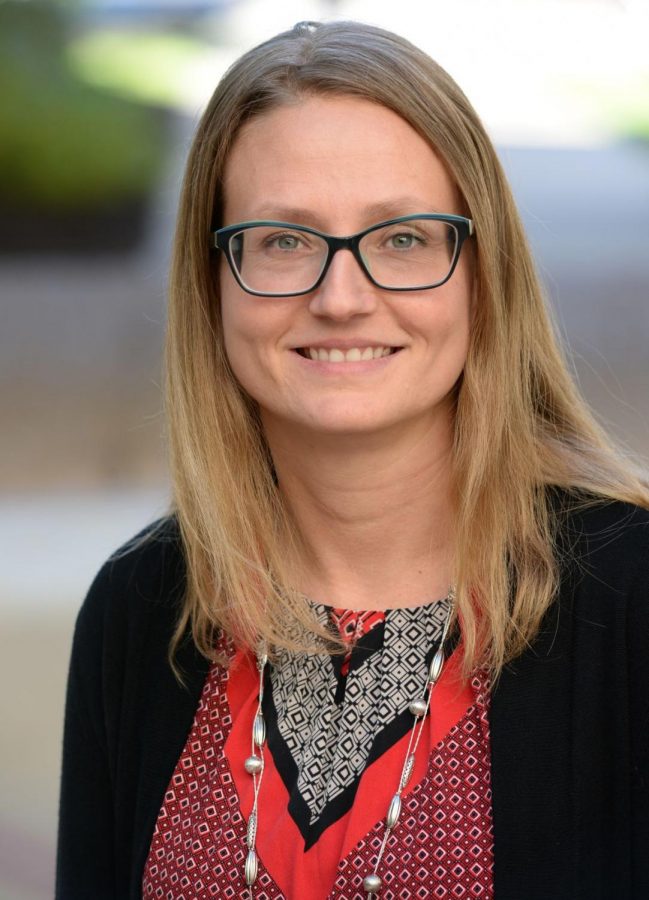Brown Bag preview: Ibanez on gender and the job search in Nicaragua
March 17, 2019
Assistant professor Lindsey Ibanez has been to Nicaragua and back in pursuit of unique research.
At noon on Friday, March 22, in the Lincoln Room of the Memorial Union, Ibanez will be joining the ongoing conversation of the Gender Brown Bag series with a talk titled Gender and the Job Search in Urban Nicaragua. The talk is based on her dissertation research for which she won a grant from the National Science Foundation.
“I carried out the research in Nicaragua,” Ibanez said. “I recruited and trained eight local research assistants and collected over 100 in-depth interviews with men and women who work in the low-wage labor market of Leon, Nicaragua’s second-largest city. The project investigates how people find work in this context, where the poverty rate is high and there are few institutions, such as job centers, unions and others like this, to help people find work.”
Ibanez’s interest in Latin American studies is rooted in experiences and opportunities she had in college and the years shortly after.
“It’s a bit unusual for sociologists to study societies other than their own but I have been fascinated with Latin America since I studied in Ecuador during college,” Ibanez said. “I also lived in the Dominican Republic as a Peace Corps volunteer, so working in development gave me an appreciation for how difficult it can be for many to earn a livelihood.”
Her passion for understanding the low-wage job search also developed during those travels. It stemmed from the lack of research she saw in the field, despite an apparent importance.
“When I was earning my PhD., it seemed like sociologists were focused on studying the job search strategies of educated professionals in North America and Europe, leaving this huge gap in our understanding of low-wage workers and low-income countries,” Ibanez said. “Given the fact that urban underemployment is a major issue around the world, it seemed important to study search strategies in places like that.”
From the effects of free trade on dairy farmers in the Dominican Republic to social support during job loss, Ibanez has researched a wide range of topics.
“There are some major themes that cut across these disparate topics,” Ibanez said. “I’m interested in how institutional contexts structure behavior, how people obtain resources they need through their personal relationships with others and I’m interested in agency.”
Ibanez greatly appreciates the opportunities that working with others has brought her throughout her career. She never turns down an opportunity to learn. For example, she once completed an article with a colleague on self-injury, despite its lack of connection to her work.
“I was selling him my Ohio State-Michigan football tickets, and he mentioned that he needed help with a paper. I had some free time, so I delved into the literature on self-injury, which has nothing to do with my own work but I found it fascinating,” Ibanez said. “One of the things I love about academia is how a casual hallway conversation can turn into a collaboration.”
Ibanez encourages students to take advantage of opportunities that they have to continue learning.
“Looking back on my own college experience, what I remember most are the on-campus events I went to,” Ibanez said. “College is a time to move out of your comfort zone and do new things, and people work hard to provide these wonderful learning opportunities. Make the most of them.”



